Summary
- The Book of Clarence explores universal representation and self-sacrifice through a Black con artist’s journey to faith in Jesus Christ.
- LaKeith Stanfield delivers a complicated and beautiful performance, supported by an ensemble cast that breathes life into the soulful narrative.
- The film tackles themes of faith against oppression, depicting the Roman persecution of Christians and the transformative power of discarding selfish desires.
A con artist in ancient Jerusalem finds faith and salvation in Jesus Christ after initially trying to swindle his oppressed followers. Writer/director Jeymes Samuels explores Black biblical representation in his second feature film. The Book of Clarence takes you from irreverent humor to gut-wrenching heartbreak as a likable protagonist learns the true meaning of sacrifice. Star LaKeith Stanfield continues to prove his acting mettle with a layered and captivating performance. His famed supporting ensemble, including David Oyelowo, James McAvoy, Omar Sy, and Benedict Cumberbatch help breathe life into a soulful narrative.
Set in AD 33, Clarence (Stanfield) and his bestie, Elijah (RJ Cyler), chariot race through Jerusalem against the skilled Mary Magdalene (Teyana Taylor). They owe a significant debt to Jedediah the Terrible (Eric Kofi-Abrefa). The plan falls short with all of their money slipping away. Clarence argues with his twin brother, Thomas (also played by Stanfield), about being a disciple of Jesus (Nicholas Pinnock). Thomas considers Clarence a fool and won’t be lectured by a herb-smoking, honey wine-drinking lout.
Clarence fails in his efforts to dissuade Jedediah from beating him and Elijah to a pulp. But he’s desperate to repay the debt for another important reason. Clarence is madly in love with Jedediah’s sister, Varinia (Anna Diop). She shares the same sentiment, but won’t permit herself to fall for a schemer. Clarence hatches a new idea after seeing the poor support Jesus after one of his supposed miracles. He’ll pretend to be the new messiah, get Jedediah off his back, win Varinia’s heart, and retire a rich man.
Faith Against Oppression
Release Date January 12, 2024
Director Jeymes Samuel
Runtime 2hr 16min
Writers Jeymes Samuel
Pros
- The entire cast is great, especially LaKeith Stanfield.
- The production design truly brings 33 AD Jerusalem to life.
- A funny film ultimately delivers a painful but beautiful message.
Cons
- Jeymes Samuel’s score is distracting and incongruous.
The Book of Clarence gets big laughs early. John the Baptist (Oyelowo), in a hilarious near slapstick scene, refuses to believe Clarence’s inquiry about Jesus is anything legitimate. Clarence and Elijah’s shenanigans are known to everyone. Why would this huckster change his stripes? Thus begins the exploration of faith that drives the narrative. The Romans persecute Christians with brutal methods. Christ is the light through a dark cloud of subjugation. His feeding the hungry, curing the sick, and absolving sinners brings hope to the despondent.
Related: Best Movies with Religious Themes, Ranked
Clarence’s journey to enlightenment starts with the recognition of his selfish desires. He’s a good man pursuing the folly of avarice. Samuel has Clarence caring for his mother (Alfre Woodard) after Thomas abandoned their family. Samuel highlights the hypocrisy of Christians who judge harshly and cast aspersions on others. The sanctimonious lose sight of acceptance and forgiveness. A subplot with Elijah and Mary Magdalene triggers the spiritual awakening that transforms Clarence. He’s stupefied to see the truth that was plain as day before him. Christ’s miracles aren’t a hoax or scam to exploit the needful masses.
The film undergoes a seismic tonal shift in the second act. Clarence’s newfound faith is tested in horrific ways. Samuel pulls no punches in graphically illustrating Roman cruelty. McAvoy’s Pontius Pilate uses crucifixion as a warning to those who defy Rome and embrace Jesus’ teachings. This ugly and gruesome turn serves its purpose well. The defining tenet of Christianity is that Jesus died for the sins of man. Samuel doesn’t sugarcoat the unimaginable suffering of having nails driving through your limbs and left to die slowly on a wooden cross.
There’s No White Jesus
Let’s tackle the obvious issue that is sure to cause some needless hubbub. The Book of Clarence has Black actors portraying sacred religious figures. Scenes from the Bible, like the Last Supper, are depicted in a more historically accurate way, which goes against 2000 years of Eurocentric Christian dominance. A Black Jesus and his disciples shouldn’t ruffle any feathers as heretical or blasphemous to the faithful. Charlton Heston playing Moses and Robert Powell as the blue-eyed Jesus of Nazareth are purely fictional representations. That said, Jesus’ race and ethnicity shouldn’t have anything to do with his message. Those who find this film problematic in that regard have deeper issues to confront.
Samuel, also known as The Bullitts from his musical endeavors, produces the score and soundtrack. This is a hit-and-miss endeavor depending on your point of view. Those who like his style of music won’t have an issue. Its contemporary structure honestly feels out of place at certain points. There’s a trendy aural focus that dilutes the visual message and script. Sometimes an auteur’s vision can be too all-encompassing. A different score might have worked better in some parts.
The Book of Clarence has superb settings and art direction. Production designer Peter Walpole (The Matrix Resurrections, Sense8) masterfully recreates a biblical environment. The exteriors were shot in Matera, Italy, and add a pivotal dimension to the film’s verisimilitude. There’s not a second of doubt the characters are in Jerusalem ages ago. Now if only Samuels and Stanfield could bring back that ancient herb and honey-wine for modern consumption.
The Book of Clarence is a production of Legendary Pictures and Kilburn Lane. It was released theatrically on January 12th from Sony Pictures. Check out the trailer below:
You can view the original article HERE.
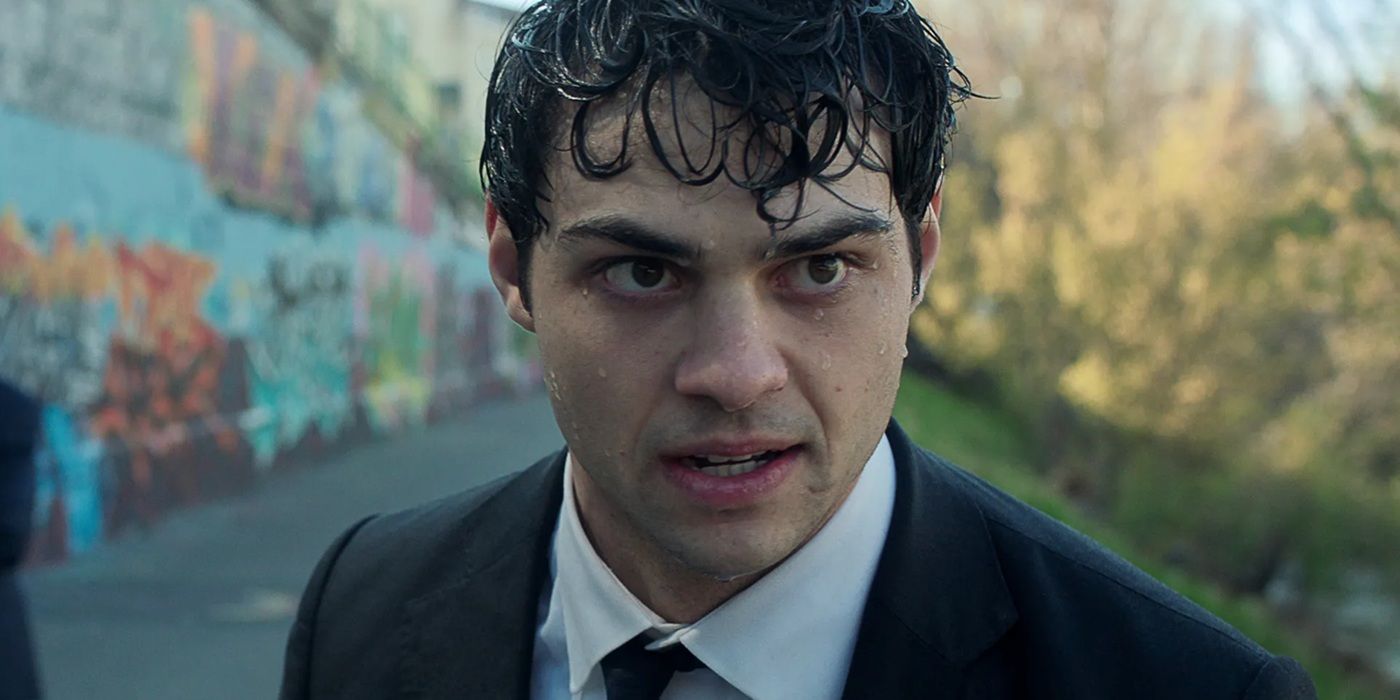


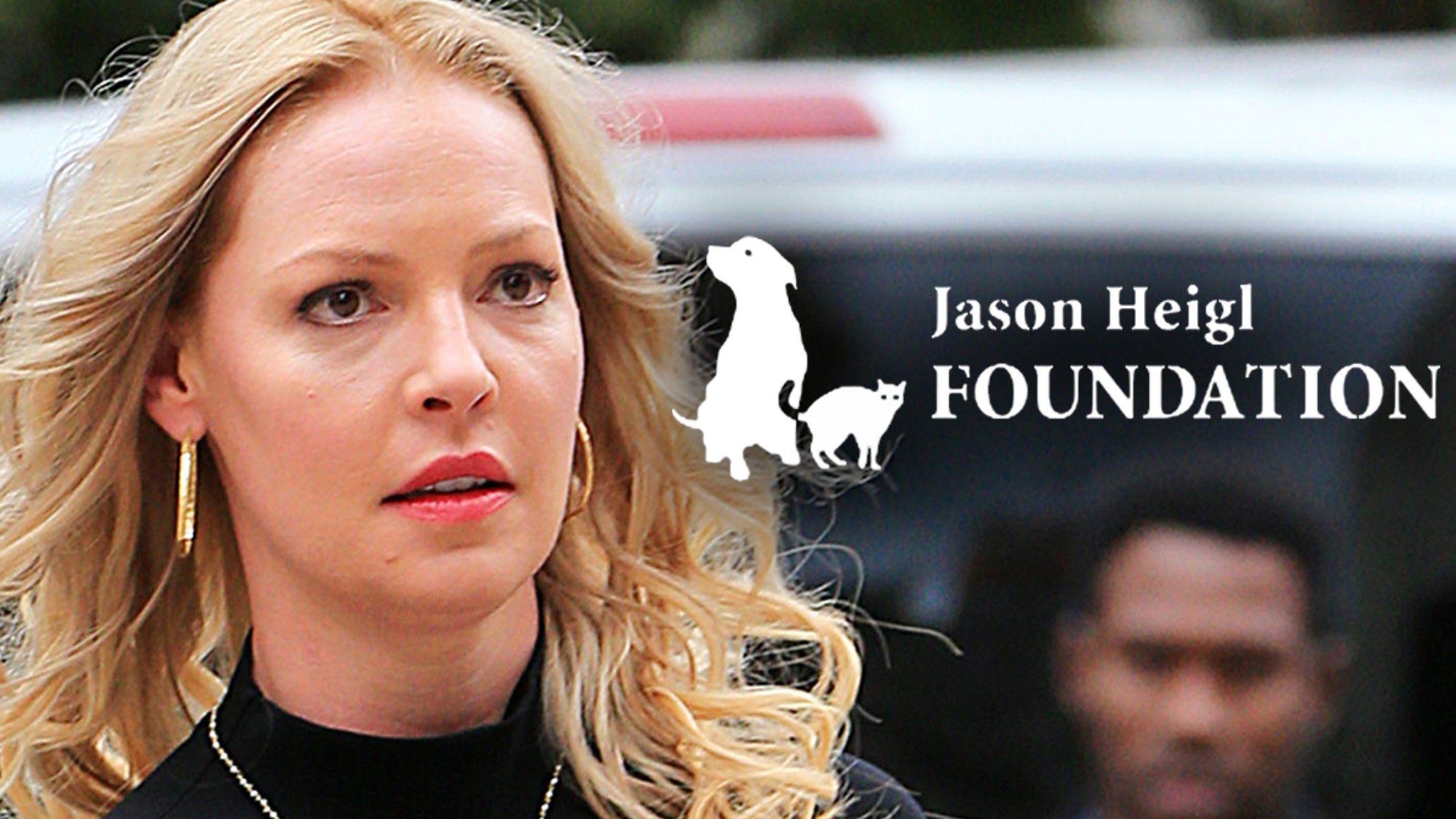
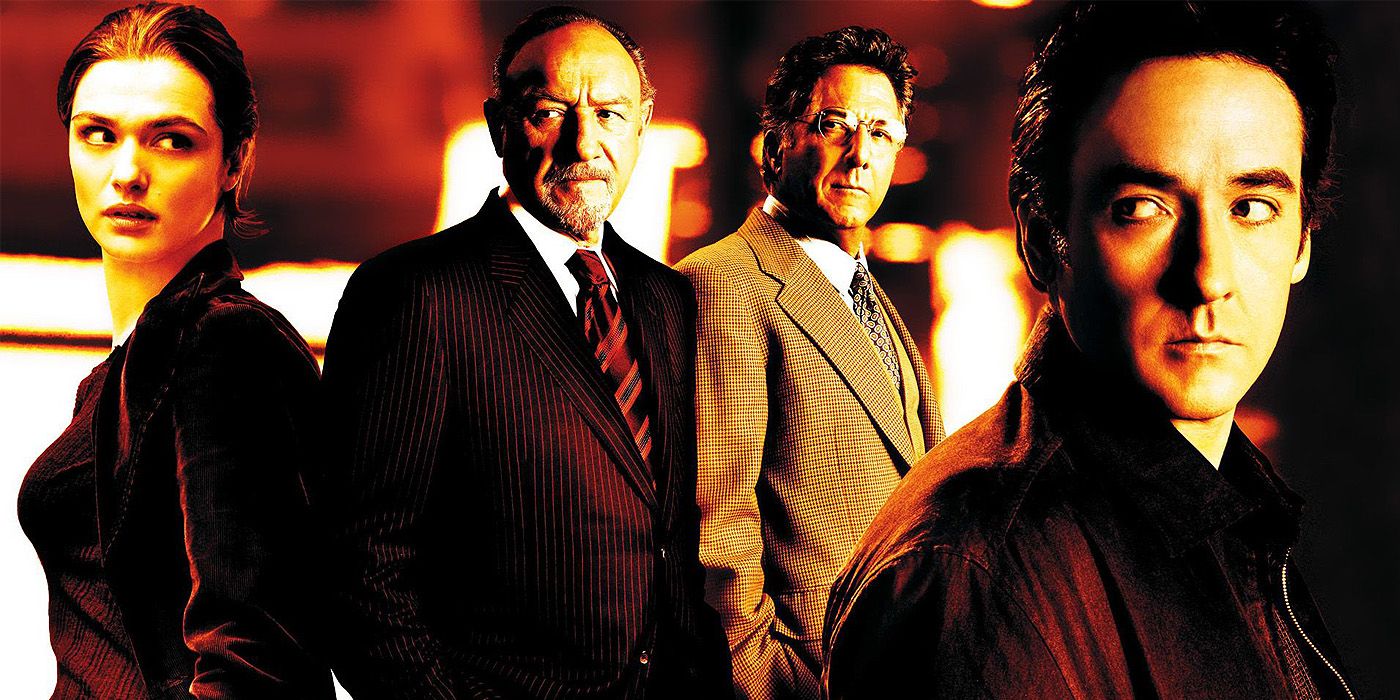


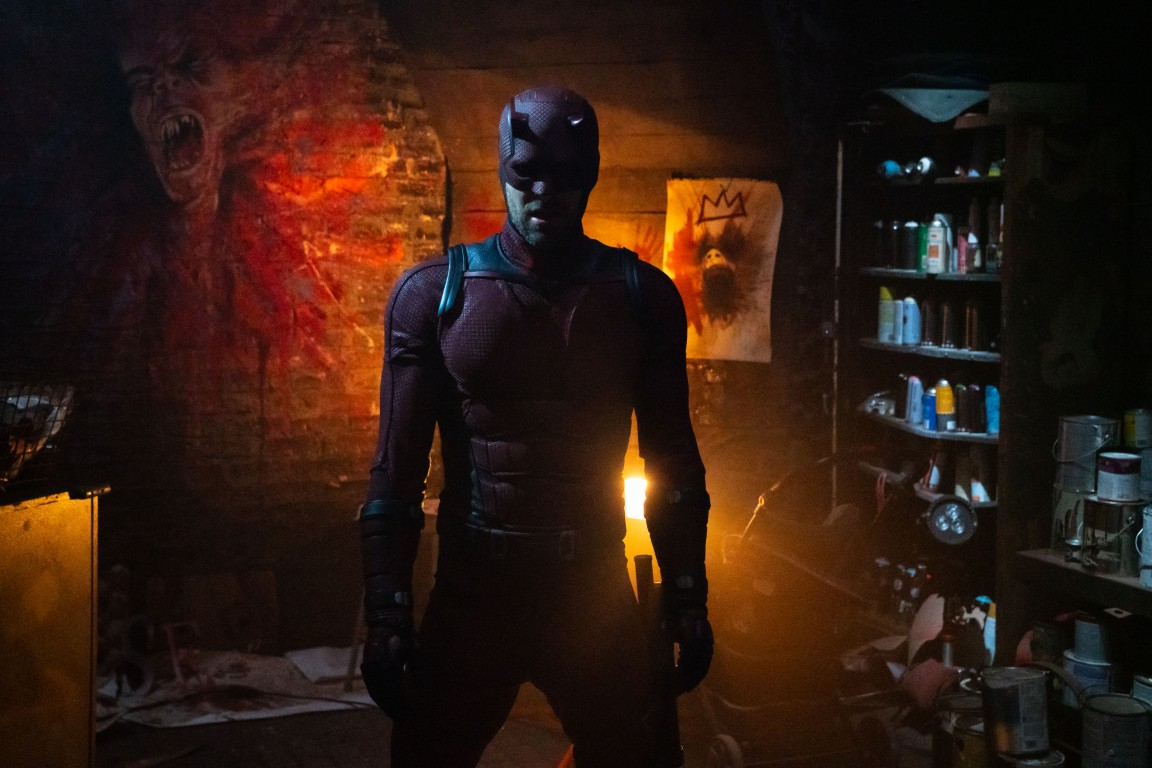



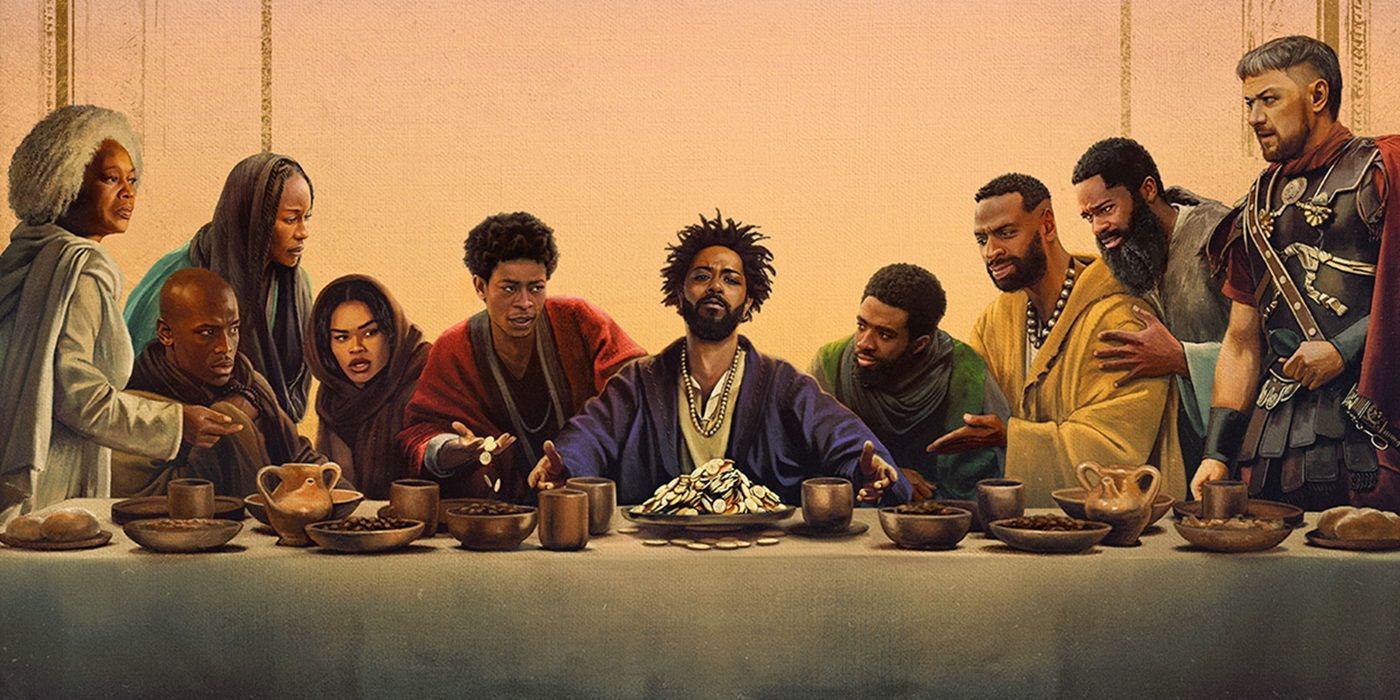


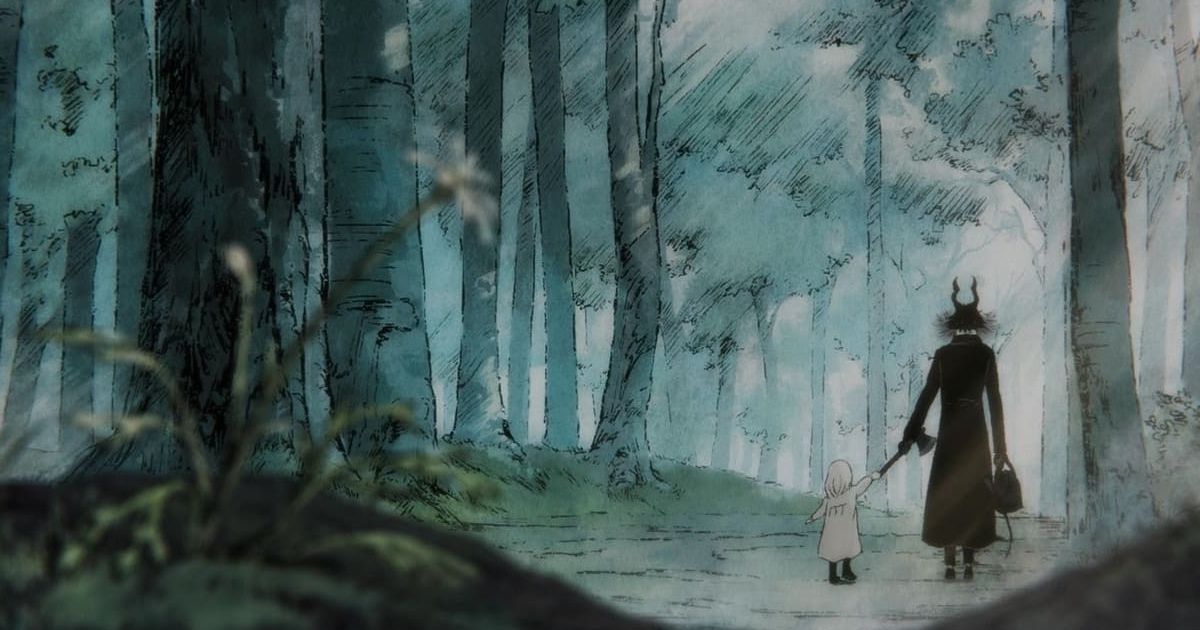


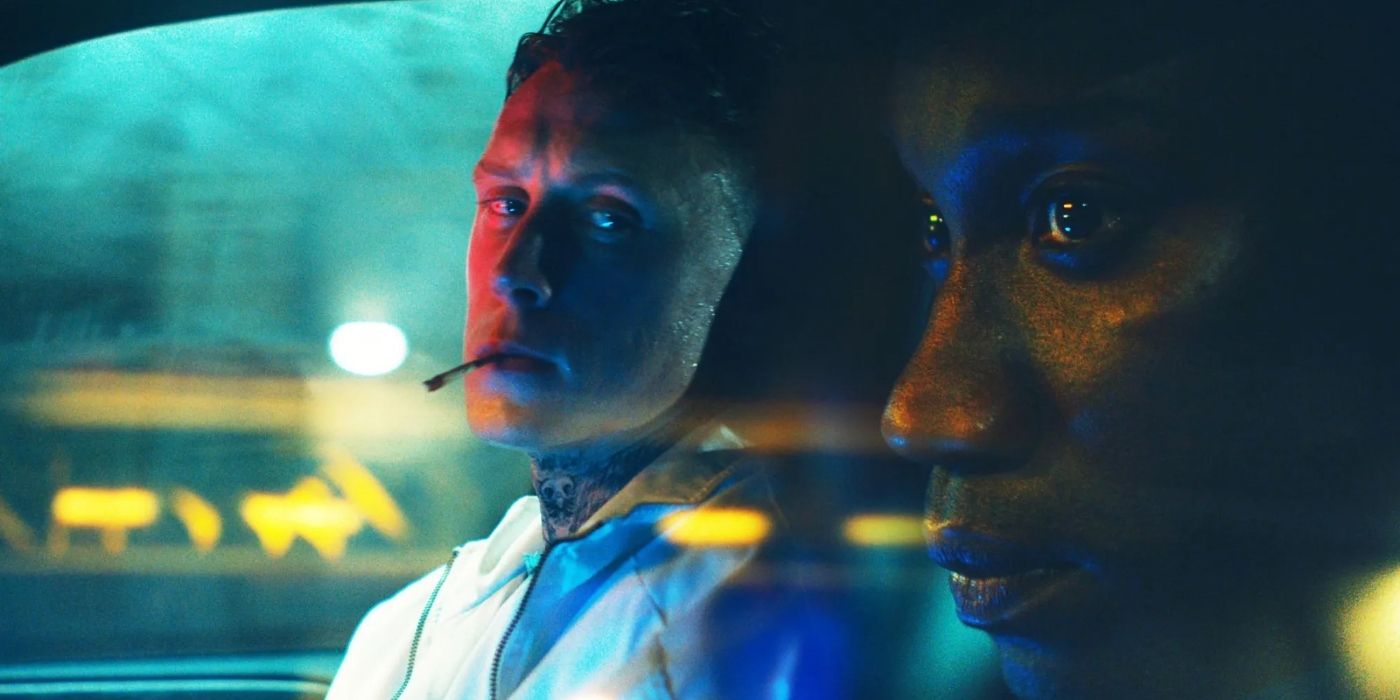

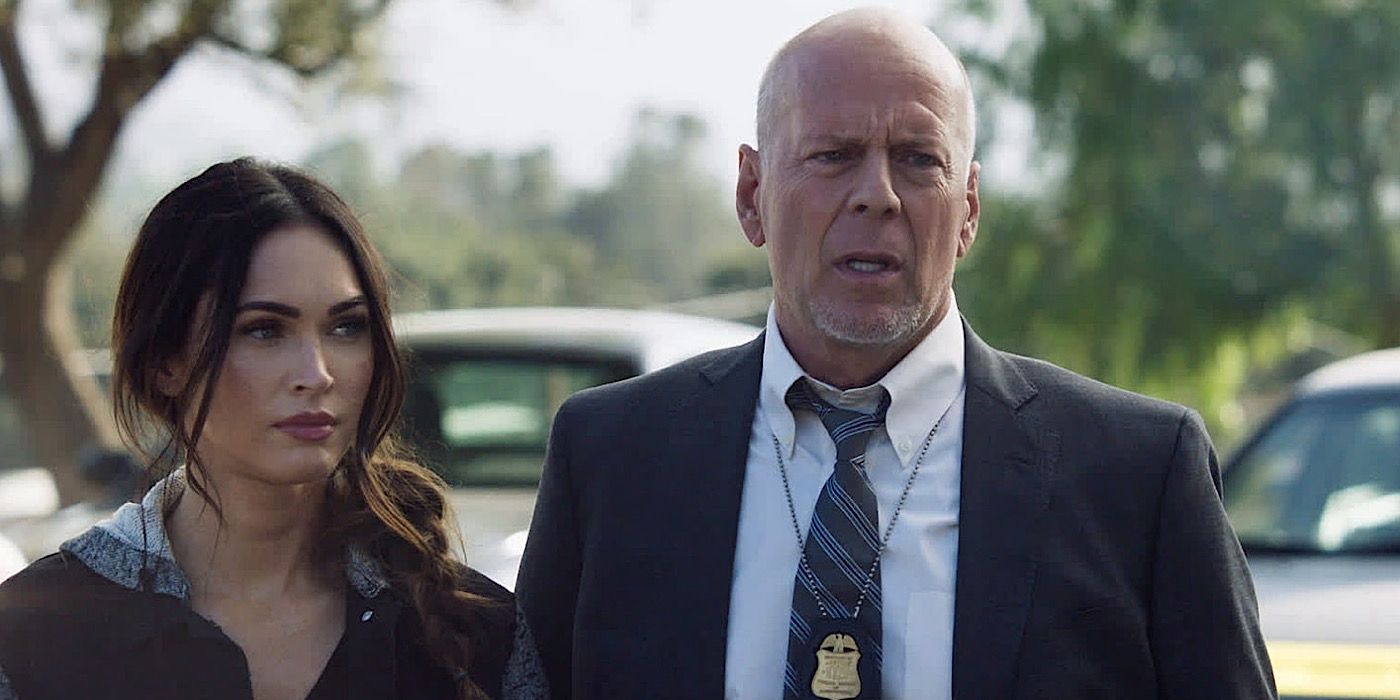








:quality(85):upscale()/2025/03/04/010/n/1922564/e4e30ef267c789a5161212.31191204_.png)
